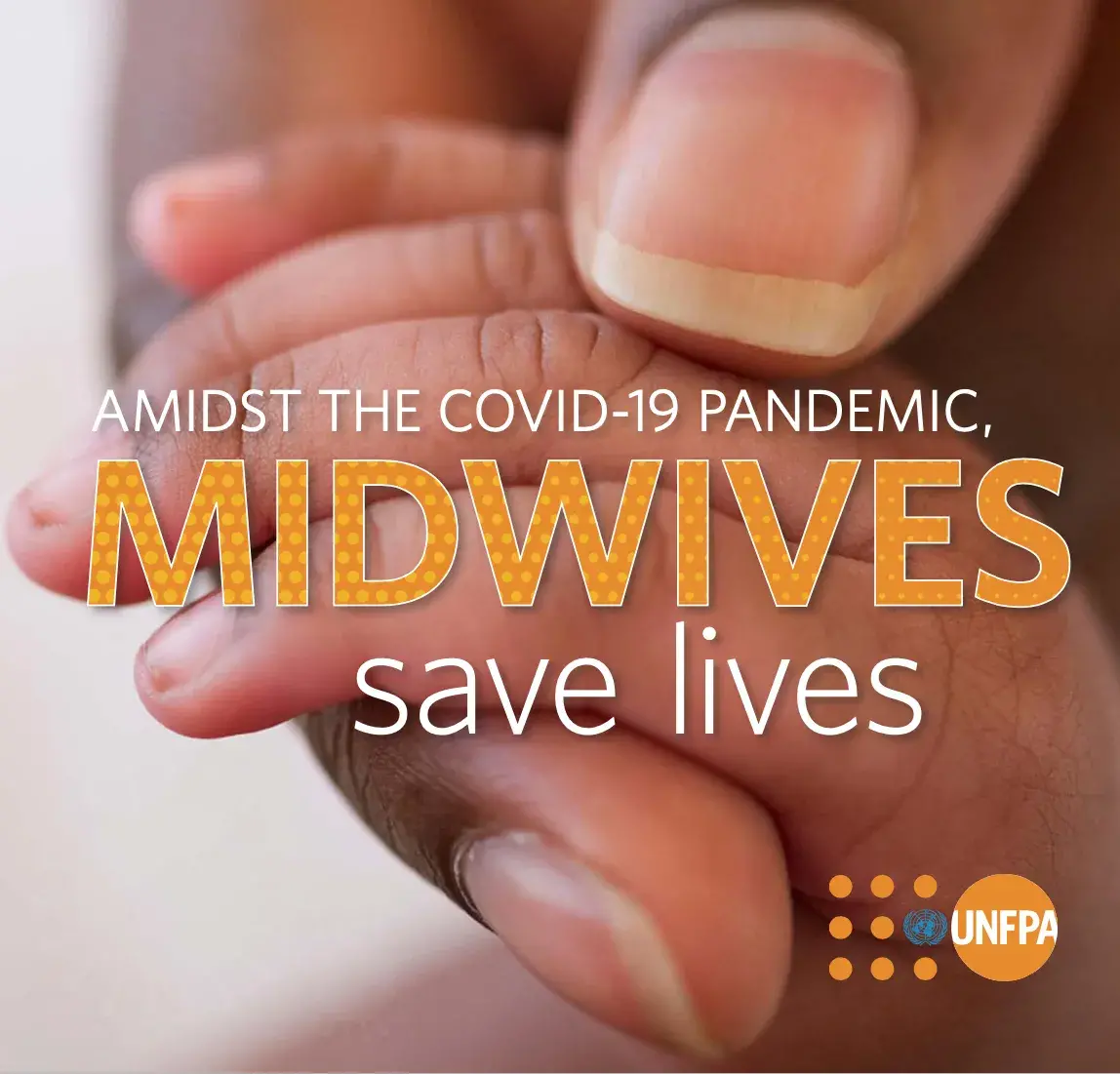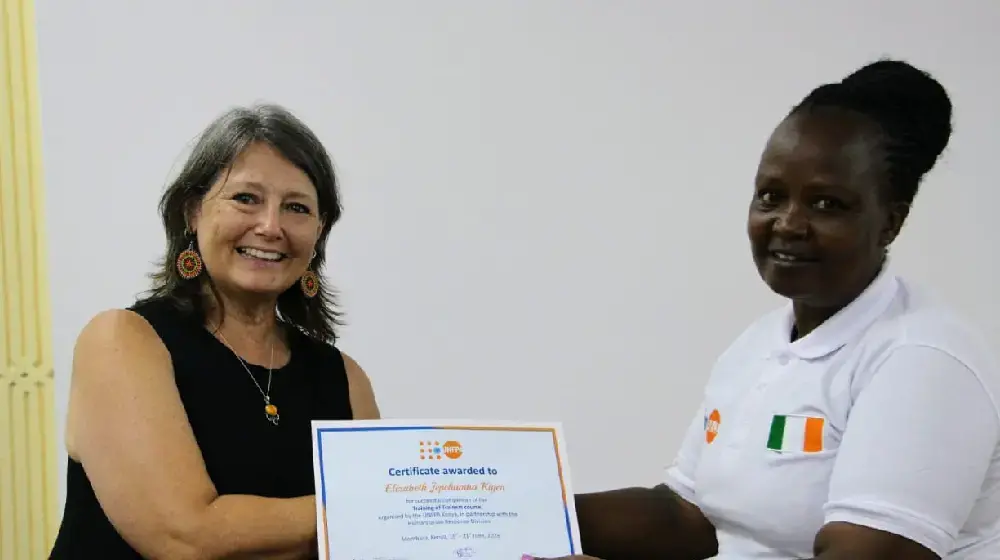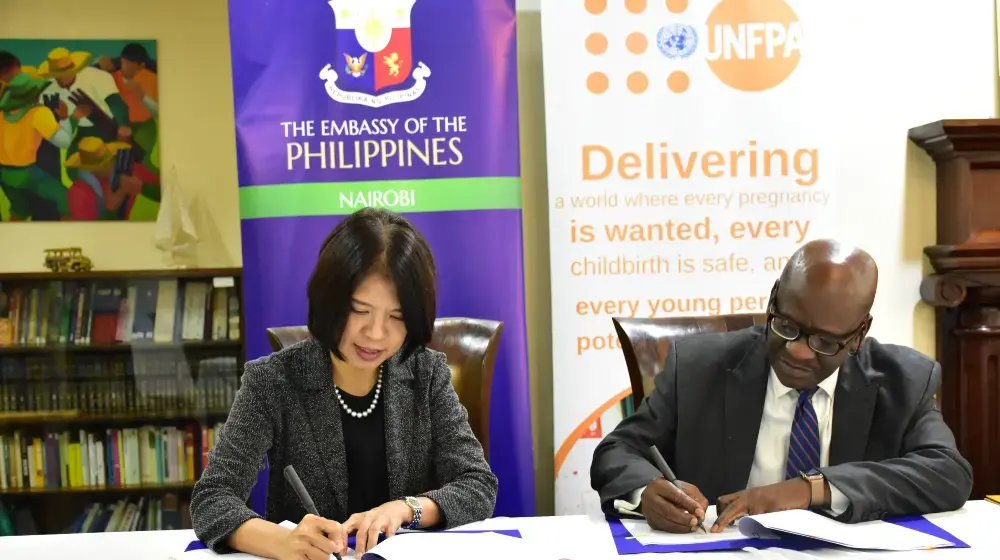Pregnancy and childbirth are normal and healthy states that most women, couples and families aspire to experience at some point in their lives. However, this life-affirming process also carries the risk of death and disability. Reducing maternal mortality and morbidity remains at the centre of national and international commitments.
Worldwide, the maternal mortality ratio has declined over the past two decades, yet an estimated 295,000 women still die each year due to complications of pregnancy and childbirth, a fourth of which (26 per cent) occurs in the East and Southern Africa region (77,000 maternal deaths per year). Most of these deaths could be avoided if preventive measures are taken and adequate care is availed when needed.
As COVID-19 continues to spread, disrupting maternal and newborn care across the region, UNFPA in East and Southern Africa is working with its partners to reduce the negative impacts of the outbreak and to ensure continuity in sexual and reproductive health services. We stand by our unsung heroes to make sure that they are motivated and working in an enabling environment; that they are properly educated and trained to global standards; and that governments are also committed to fulfilling the ICPD promise to millions of women children and adolescents for universal sexual and reproductive health rights.
The aim of these personal stories from midwives and the findings in this report are to stimulate policy discussions and enable evidence-based decision-making at national and subnational levels, to help countries meet their commitments towards the reduction of preventable maternal death, and to ensure that women and girls fully realize their right to sexual and reproductive health care.





